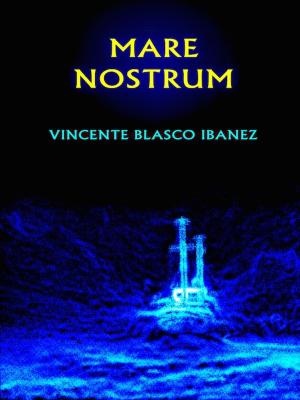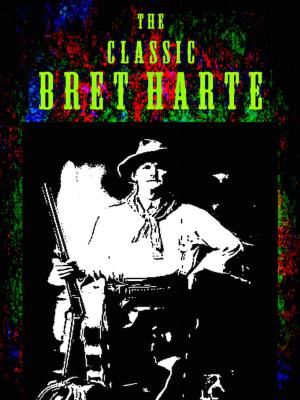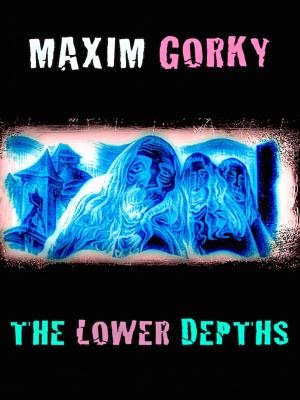| Author: | Leo Tolstoy | ISBN: | 1230002103341 |
| Publisher: | Editions Artisan Devereaux LLC | Publication: | January 18, 2018 |
| Imprint: | Language: | English |
| Author: | Leo Tolstoy |
| ISBN: | 1230002103341 |
| Publisher: | Editions Artisan Devereaux LLC |
| Publication: | January 18, 2018 |
| Imprint: | |
| Language: | English |
”I remember the astonishment I felt when I first read Shakespeare. I expected to receive a powerful esthetic pleasure, but having read, one after the other, works regarded as his best: "King Lear", "Romeo and Juliet", "Hamlet" and "Macbeth," not only did I feel no delight, but I felt an irresistible repulsion and tedium...”
In Tolstoy on Shakespeare, who can deny the right of one of the greatest novelists of all time, the author of War and Peace no less, to say what he likes or dislikes about the (supposedly) greatest dramatist who ever lived?
Was this just the clash of gigantic egos? Or was there more to it?
Towards the end of his life Tolstoy wrote an extreme attack on Shakespeare, purporting to show not only that Shakespeare was not the great artist he was claimed to be, but that he was a writer almost entirely without merit.
Tolstoy on Shakespeare caused tremendous indignation at the time.
What Tolstoy says probably acted as a useful corrective to the mindless adulation of Shakespeare that was then fashionable.
Tolstoy's main contention is that Shakespeare is a shallow writer, with no coherent philosophy, no interest in social or religious problems, no grasp of character or verisimilitude, and, a cynical, immoral outlook on life.
It still makes for stimulating reading.
LEO TOLSTOY (1828-1910), one of the giants of Russian literature, transformed the art of fiction. Author of numerous novels and short stories, including War And Peace, Anna Karenina, The Death of Ivan Ilych, The Kingdom of God is Within You, and countless other literary masterpieces, he is considered to be a central figure in the development of the modern novel.
”I remember the astonishment I felt when I first read Shakespeare. I expected to receive a powerful esthetic pleasure, but having read, one after the other, works regarded as his best: "King Lear", "Romeo and Juliet", "Hamlet" and "Macbeth," not only did I feel no delight, but I felt an irresistible repulsion and tedium...”
In Tolstoy on Shakespeare, who can deny the right of one of the greatest novelists of all time, the author of War and Peace no less, to say what he likes or dislikes about the (supposedly) greatest dramatist who ever lived?
Was this just the clash of gigantic egos? Or was there more to it?
Towards the end of his life Tolstoy wrote an extreme attack on Shakespeare, purporting to show not only that Shakespeare was not the great artist he was claimed to be, but that he was a writer almost entirely without merit.
Tolstoy on Shakespeare caused tremendous indignation at the time.
What Tolstoy says probably acted as a useful corrective to the mindless adulation of Shakespeare that was then fashionable.
Tolstoy's main contention is that Shakespeare is a shallow writer, with no coherent philosophy, no interest in social or religious problems, no grasp of character or verisimilitude, and, a cynical, immoral outlook on life.
It still makes for stimulating reading.
LEO TOLSTOY (1828-1910), one of the giants of Russian literature, transformed the art of fiction. Author of numerous novels and short stories, including War And Peace, Anna Karenina, The Death of Ivan Ilych, The Kingdom of God is Within You, and countless other literary masterpieces, he is considered to be a central figure in the development of the modern novel.
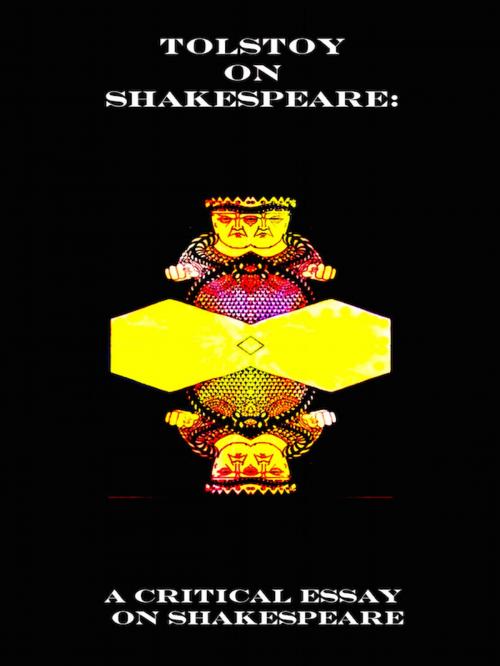
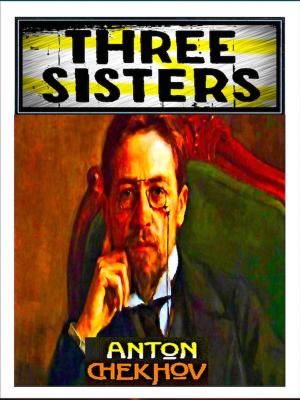
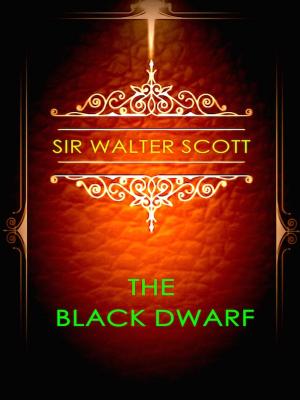

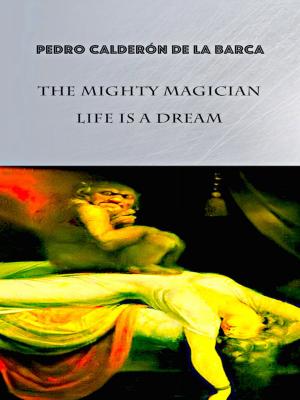
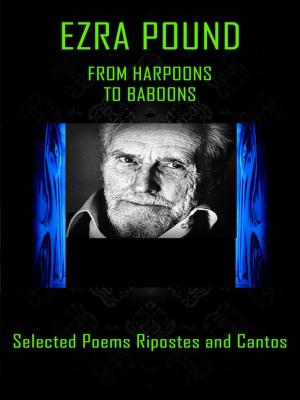
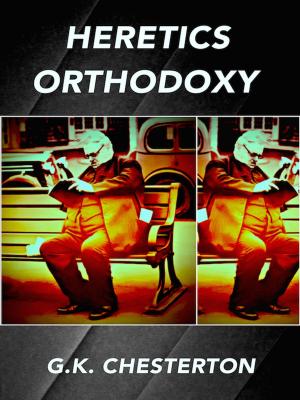

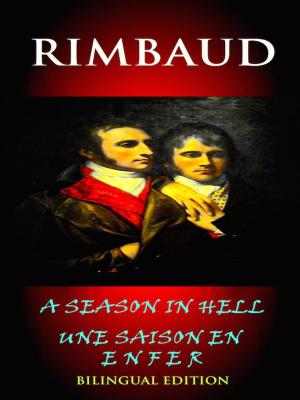
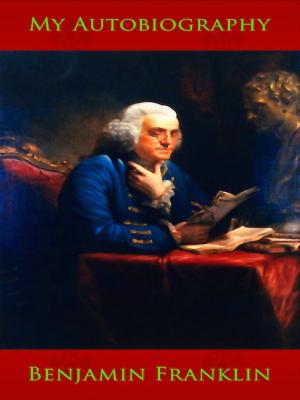
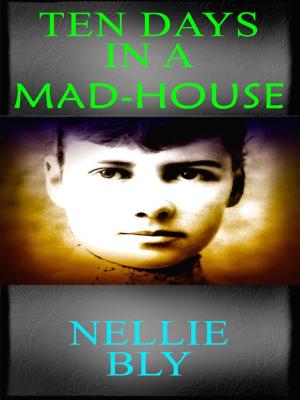

![Cover of the book The Forsyte Saga [Complete Series] by Leo Tolstoy](https://www.kuoky.com/images/2018/may/300x300/1230002309828-vJ4h_300x.jpg)
